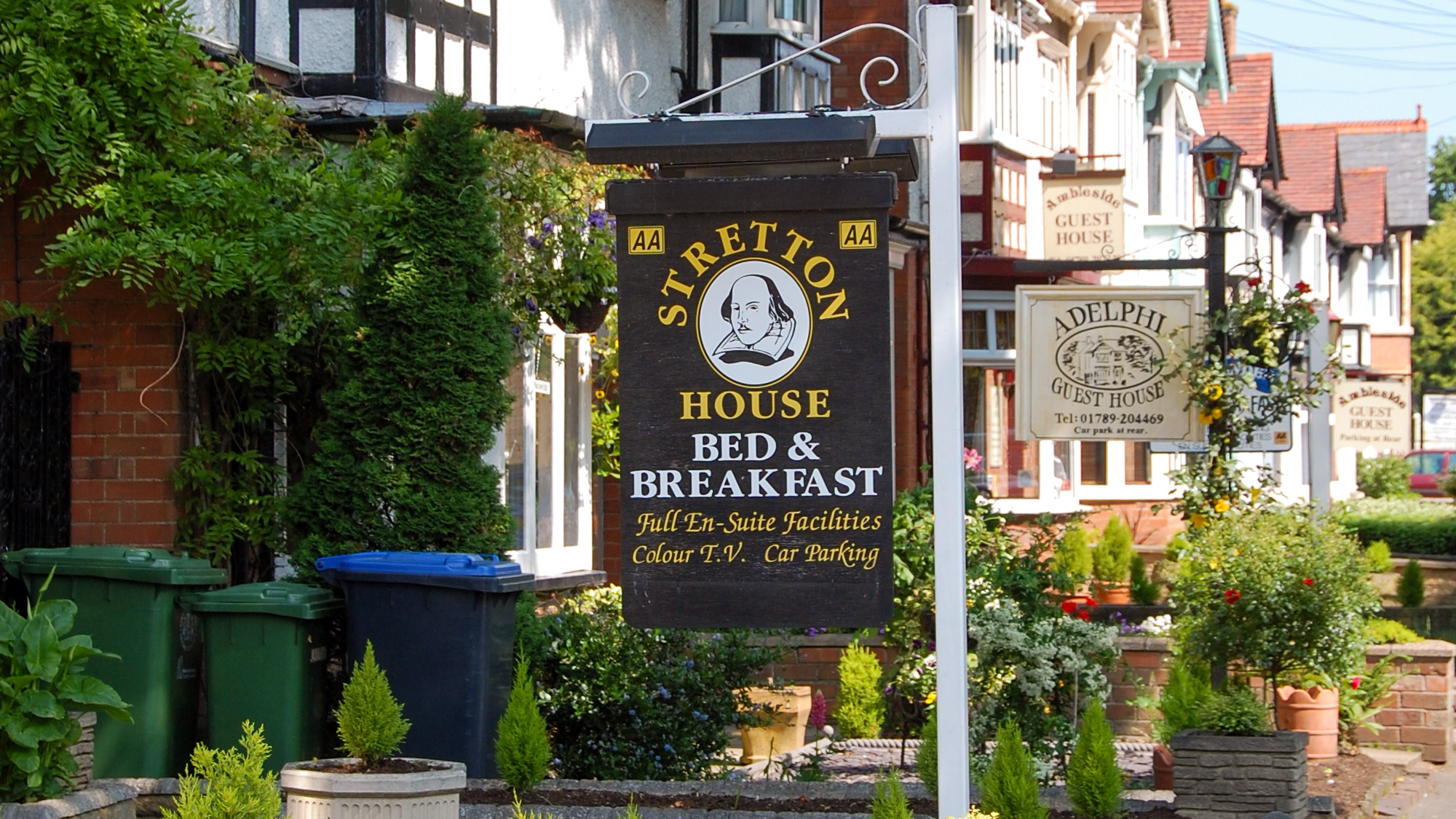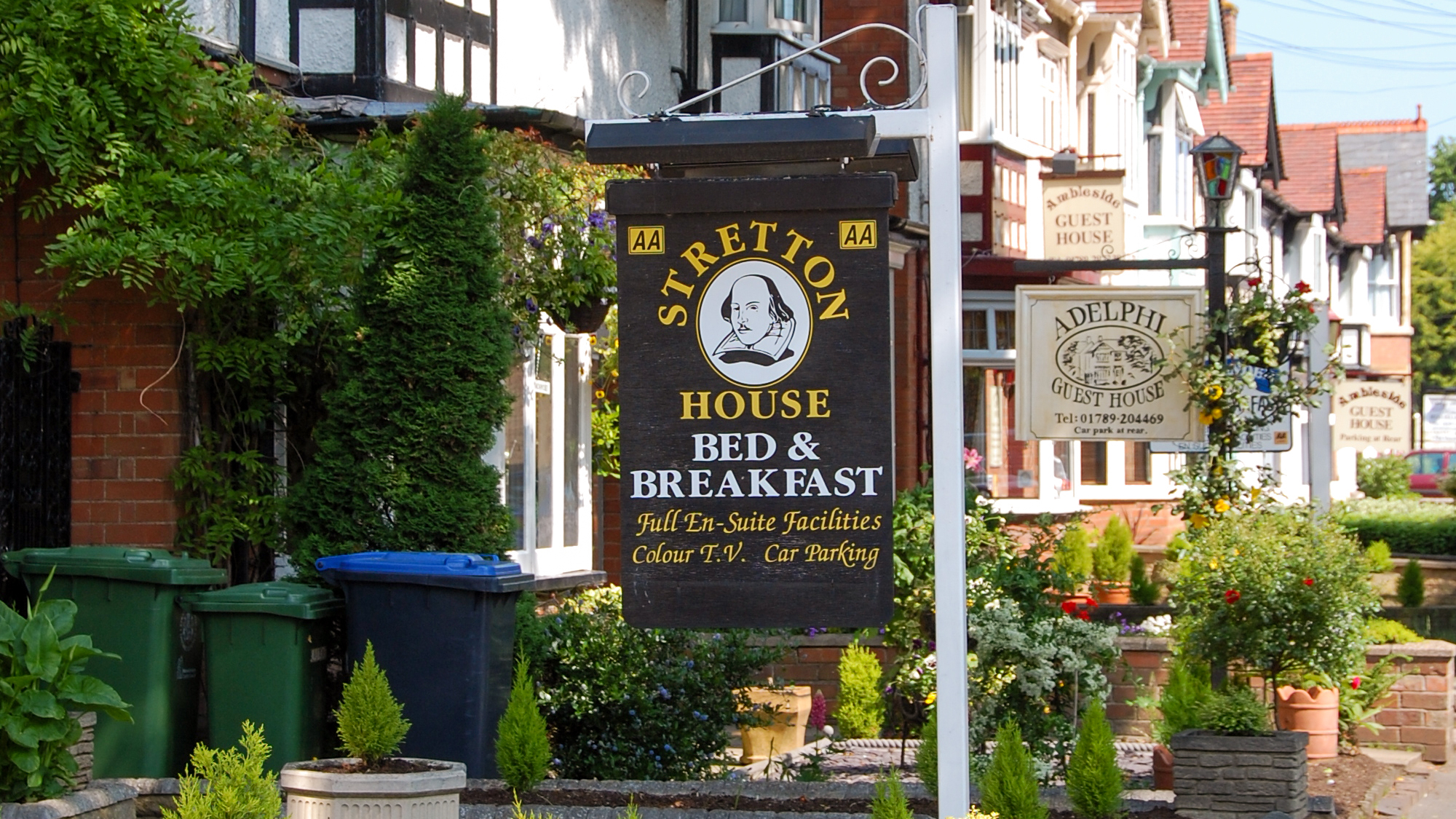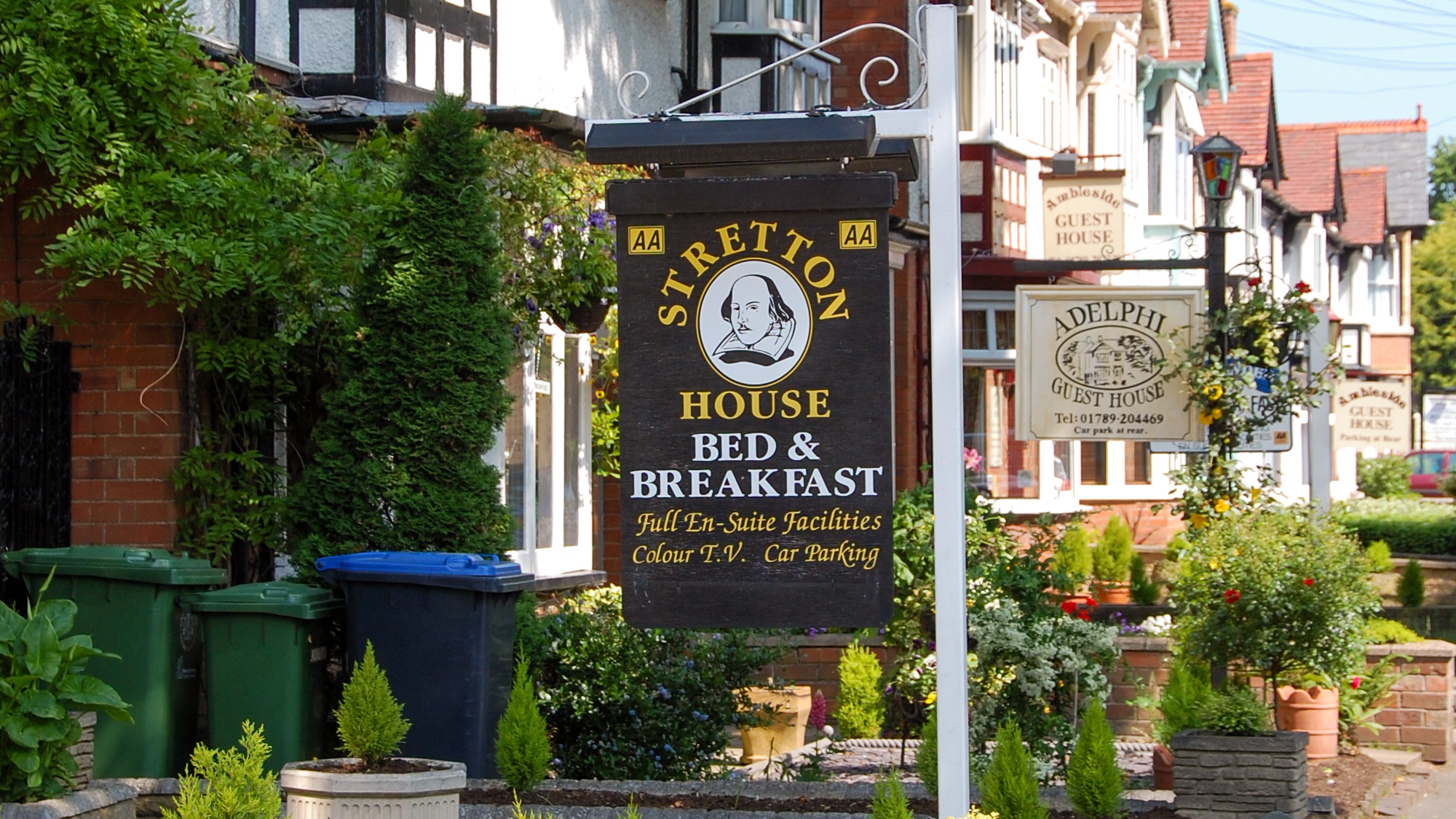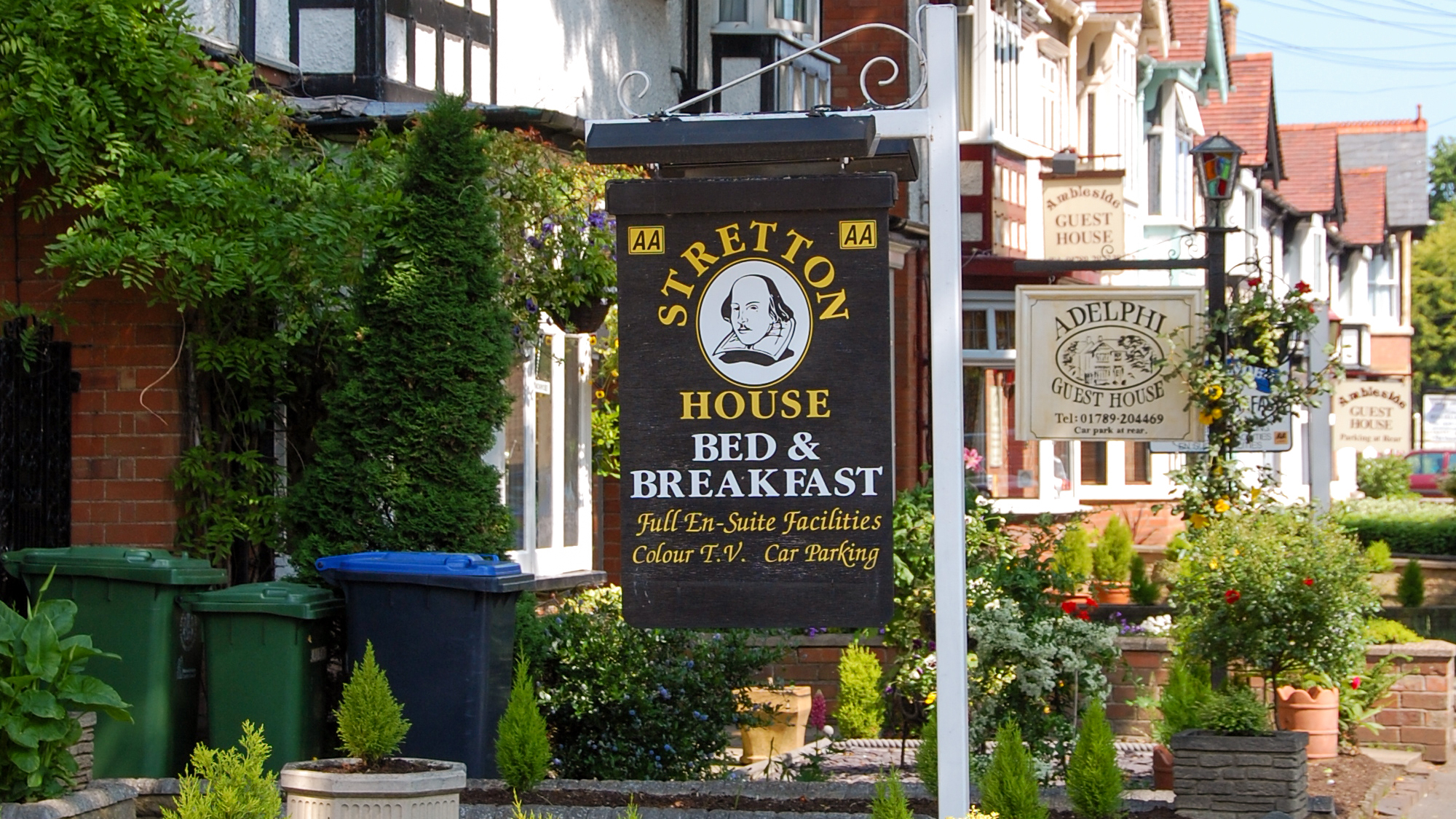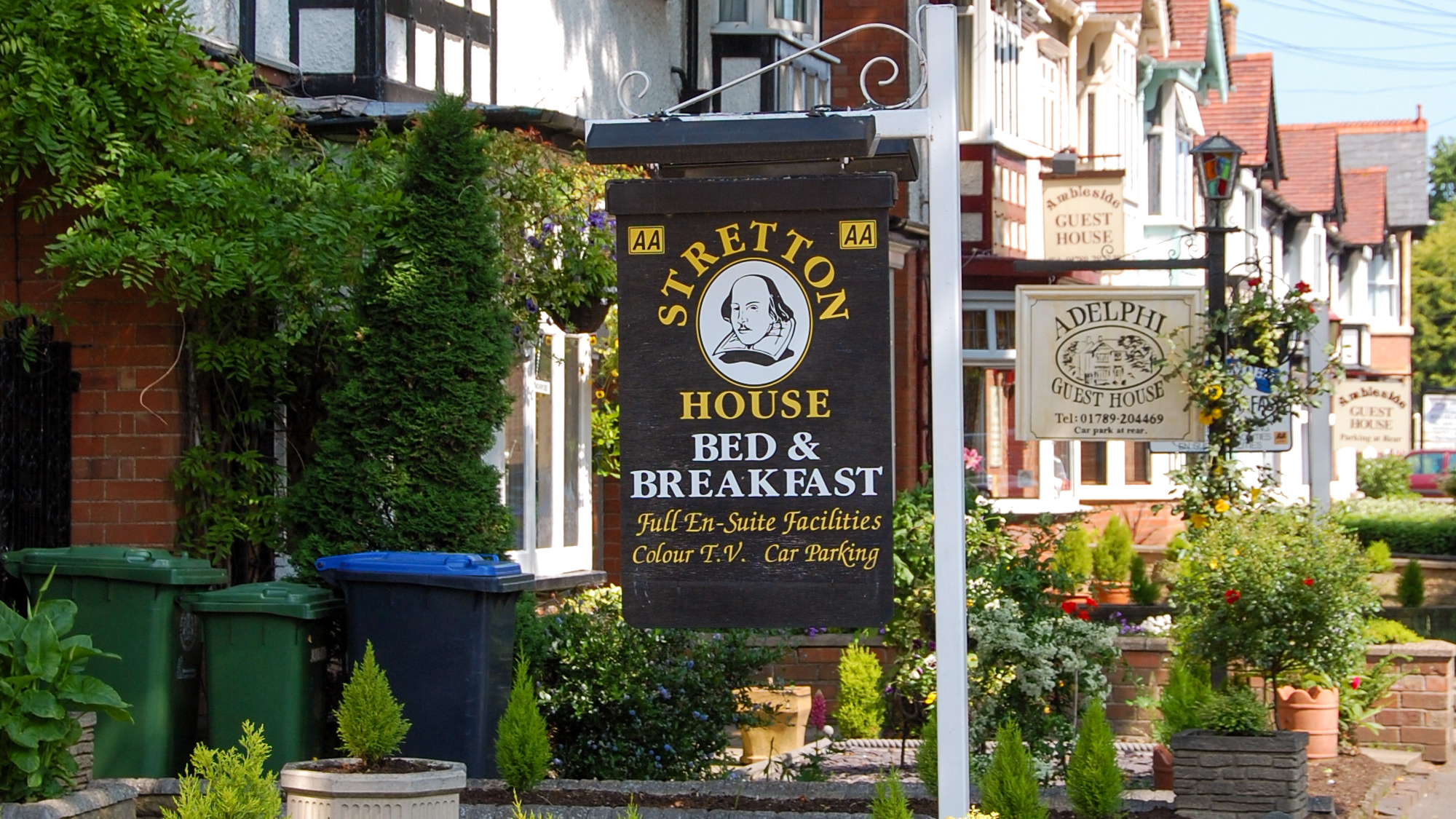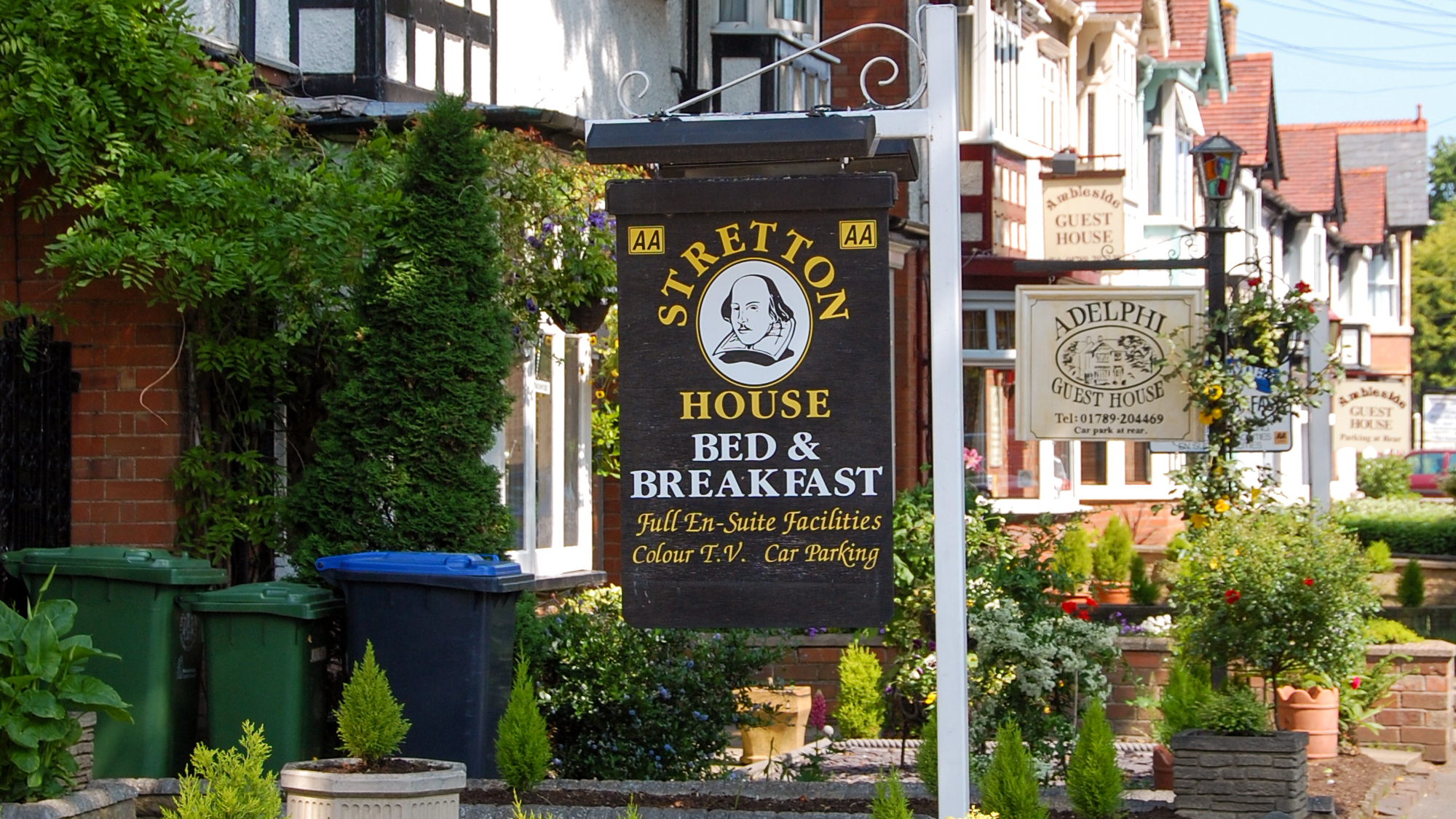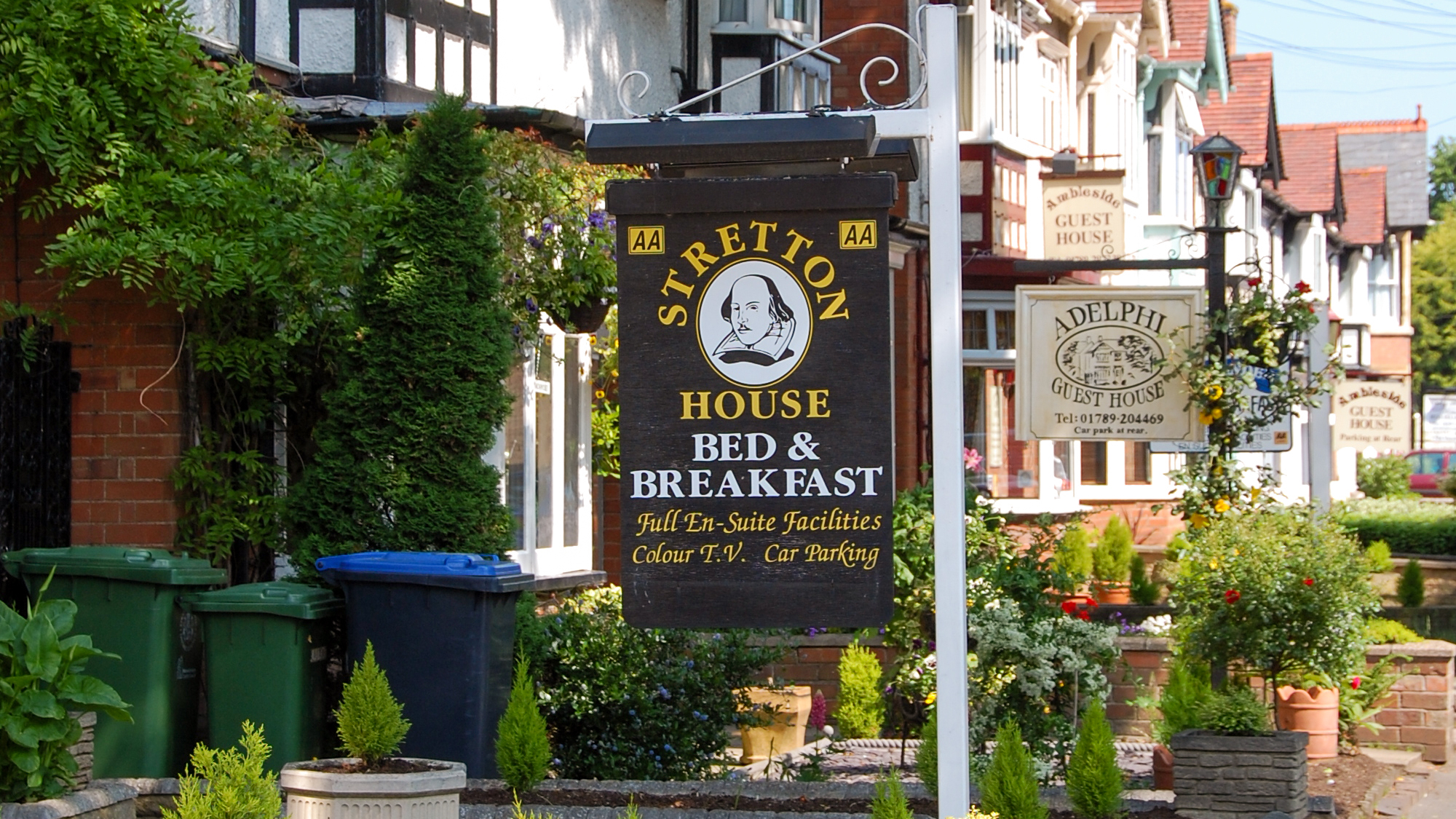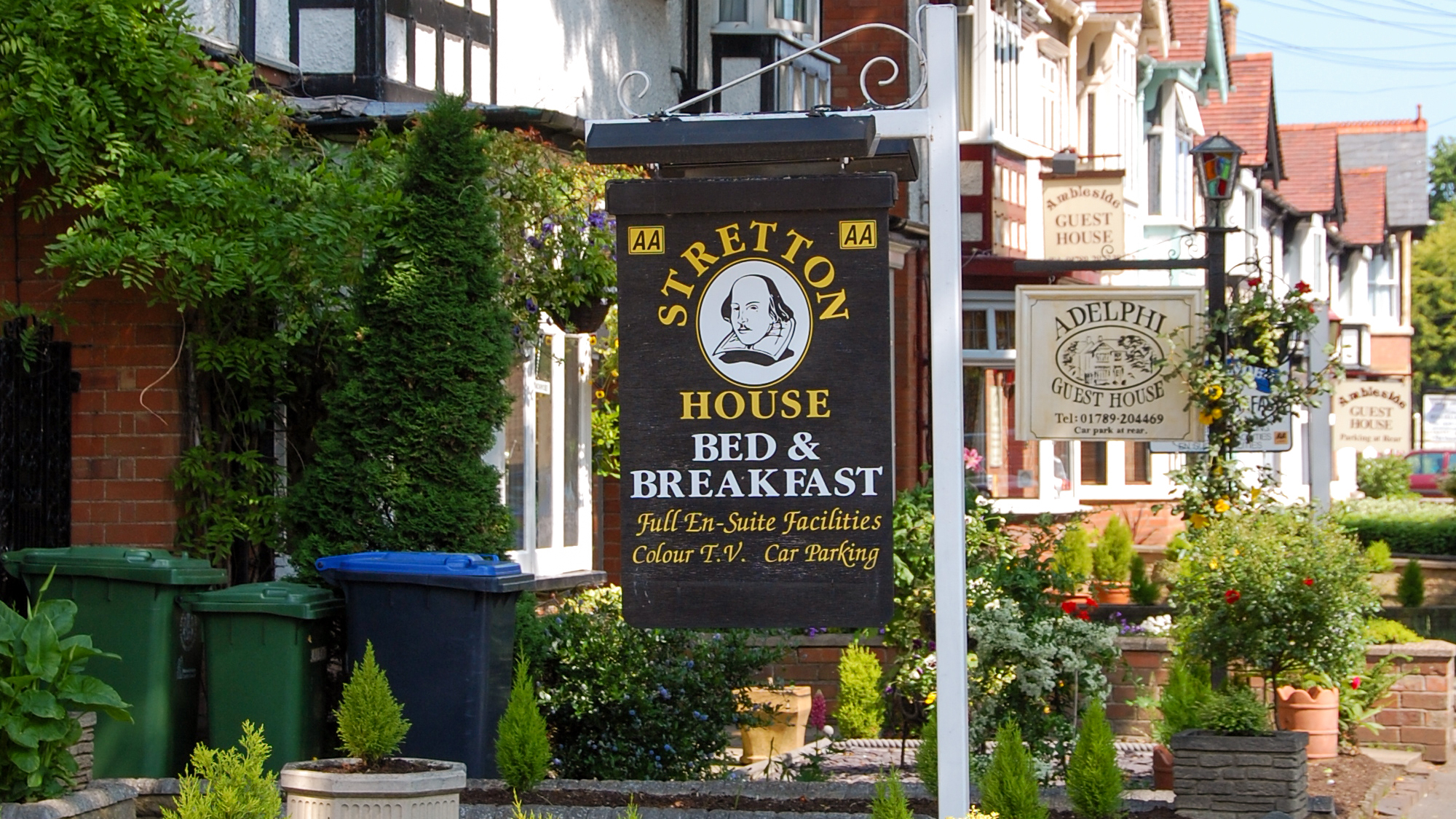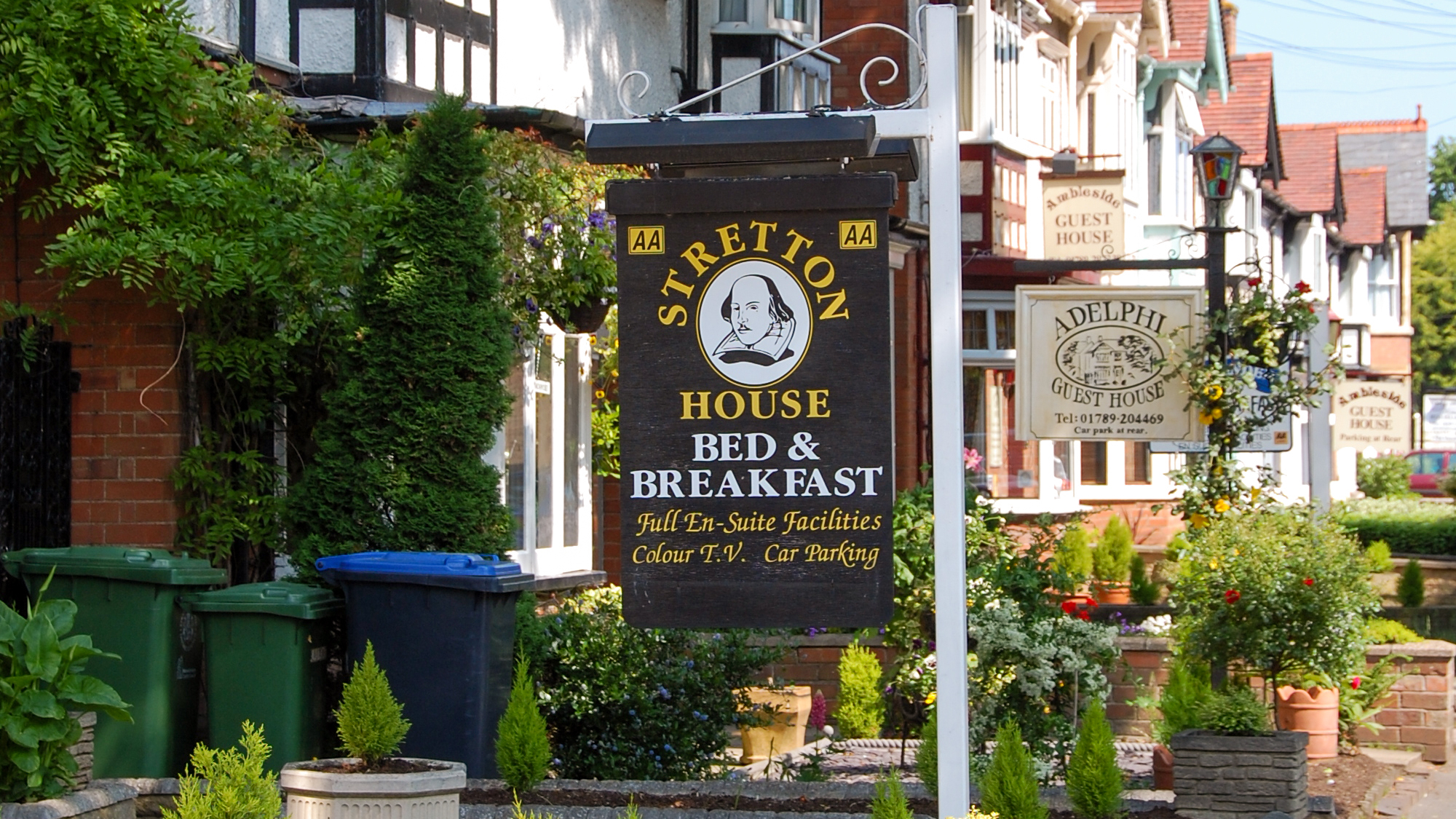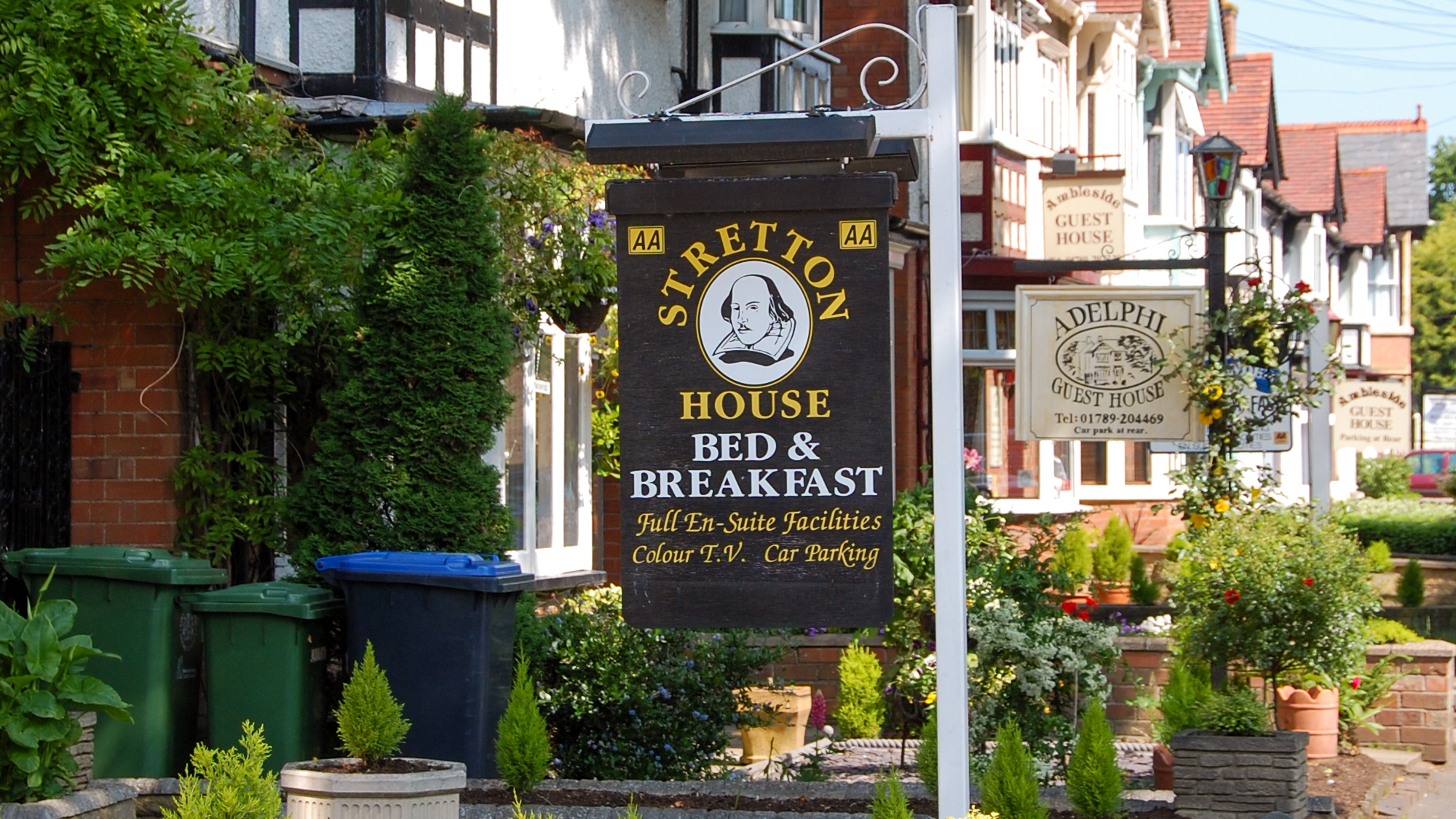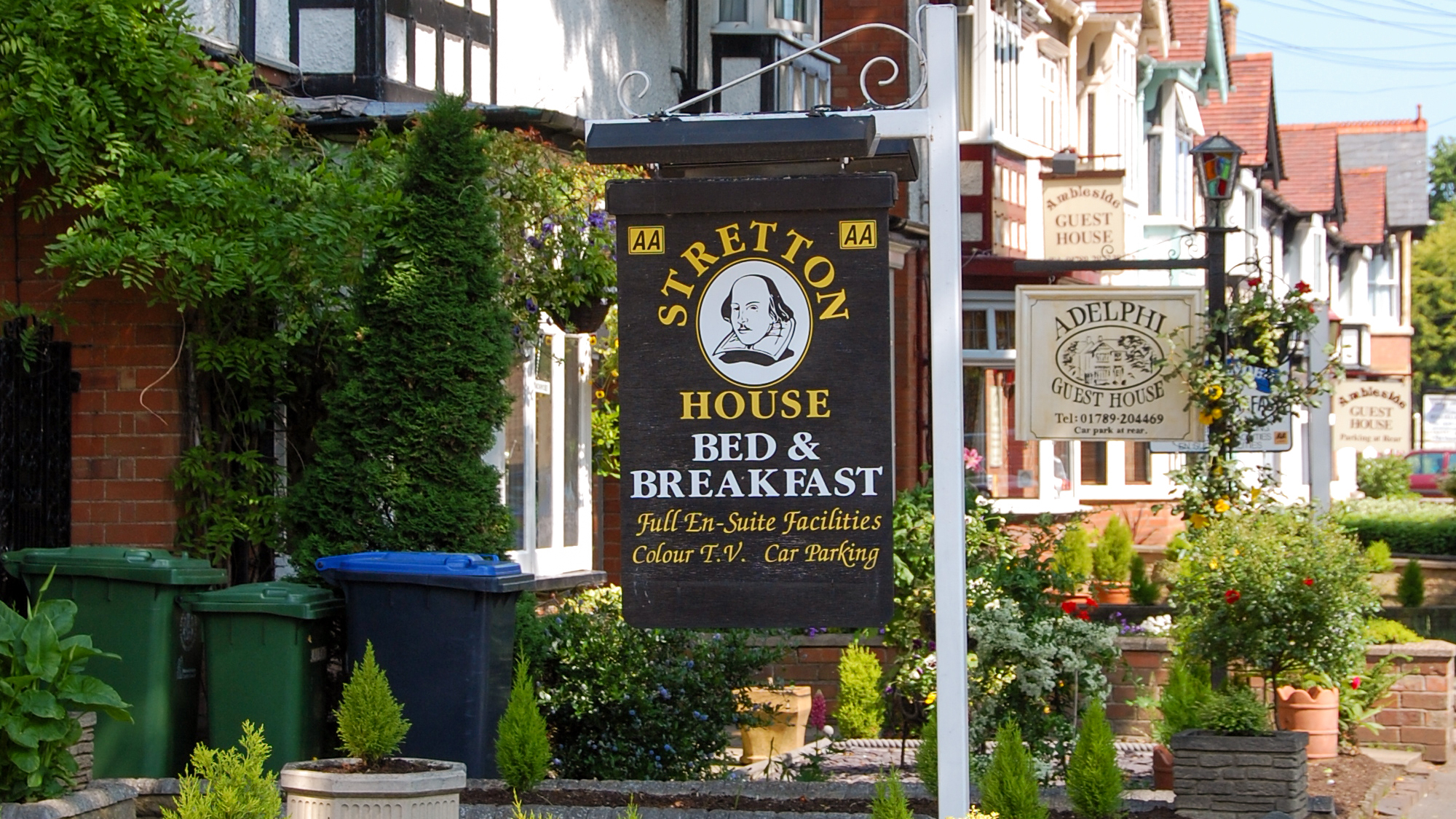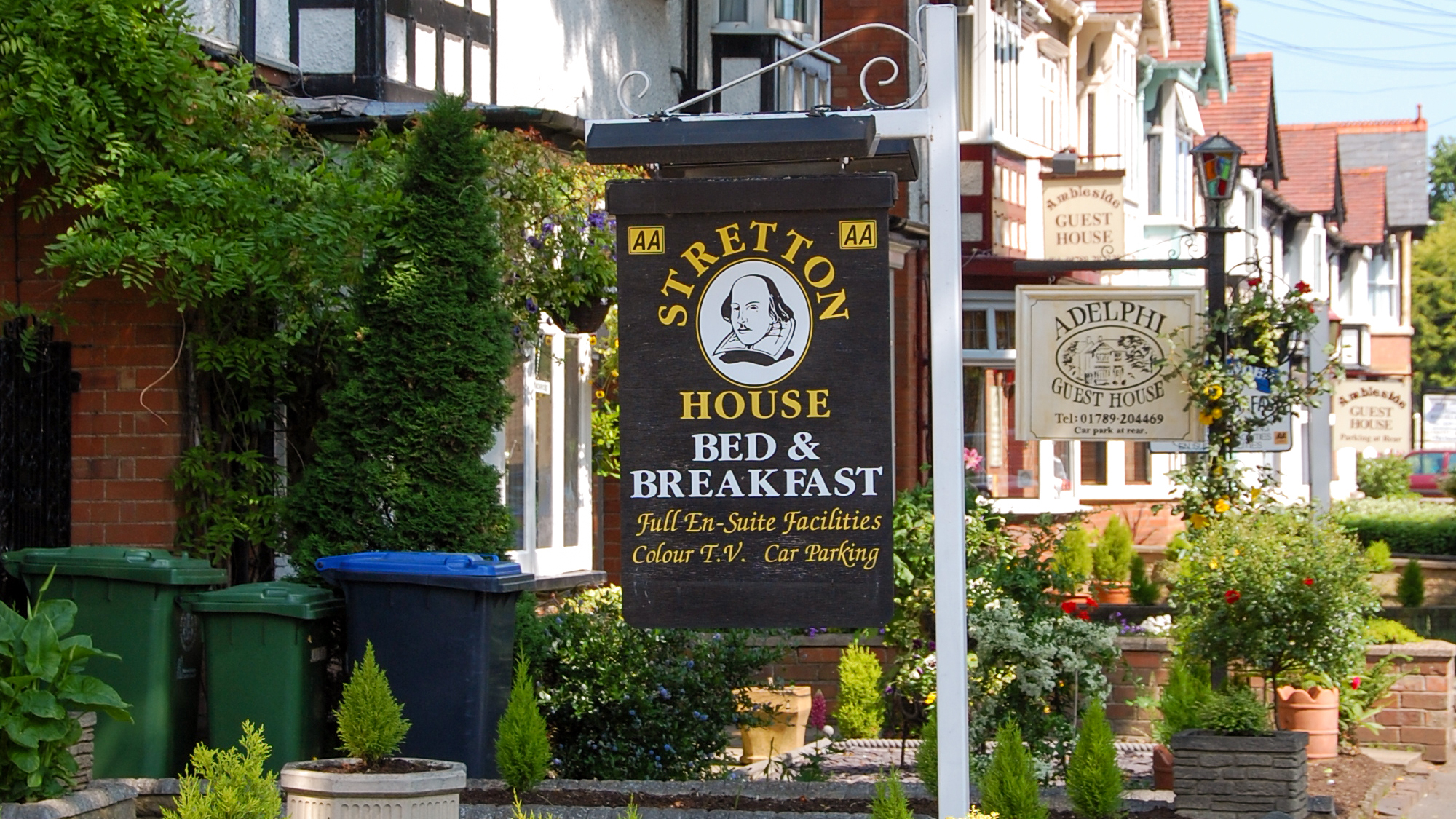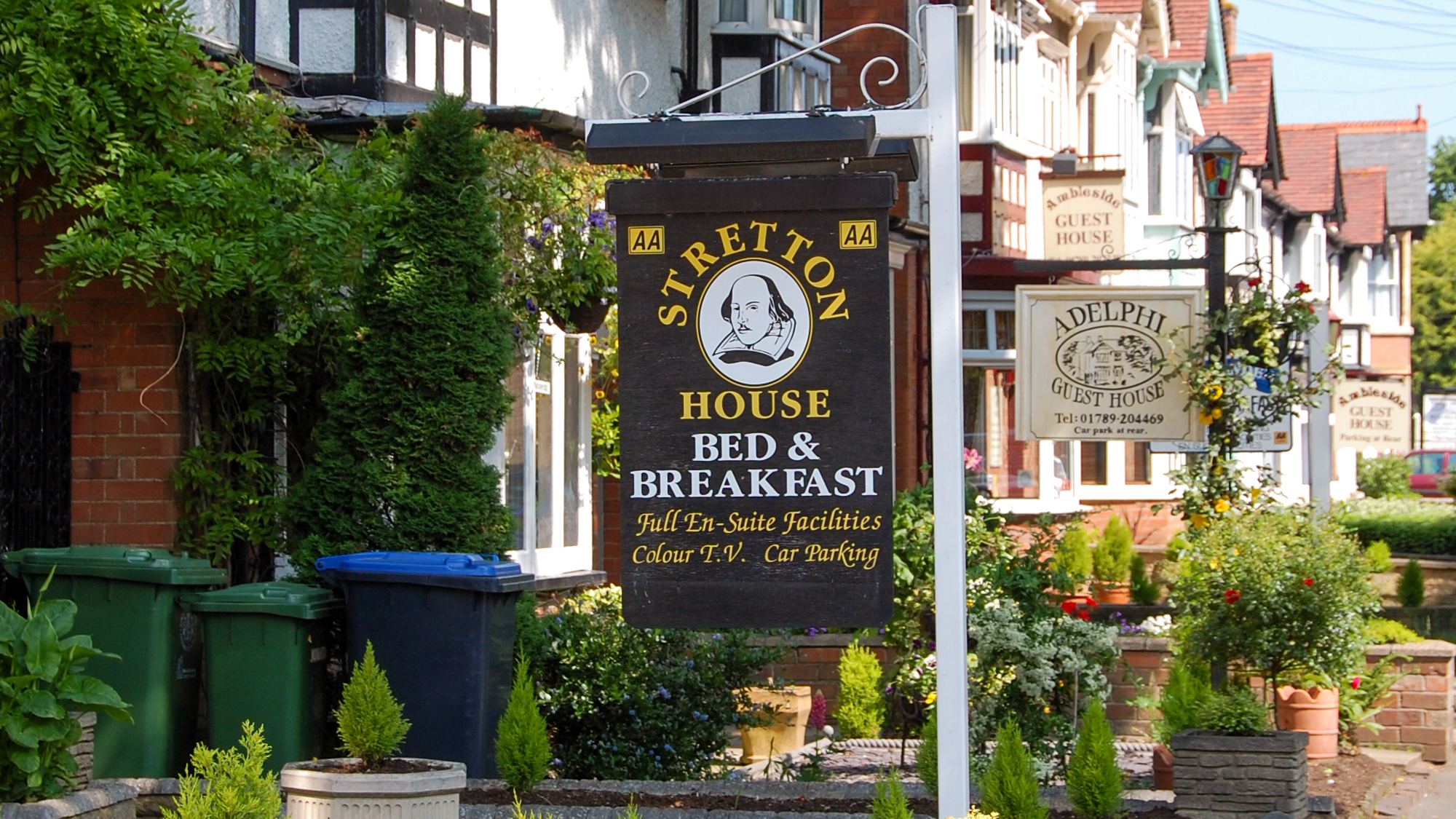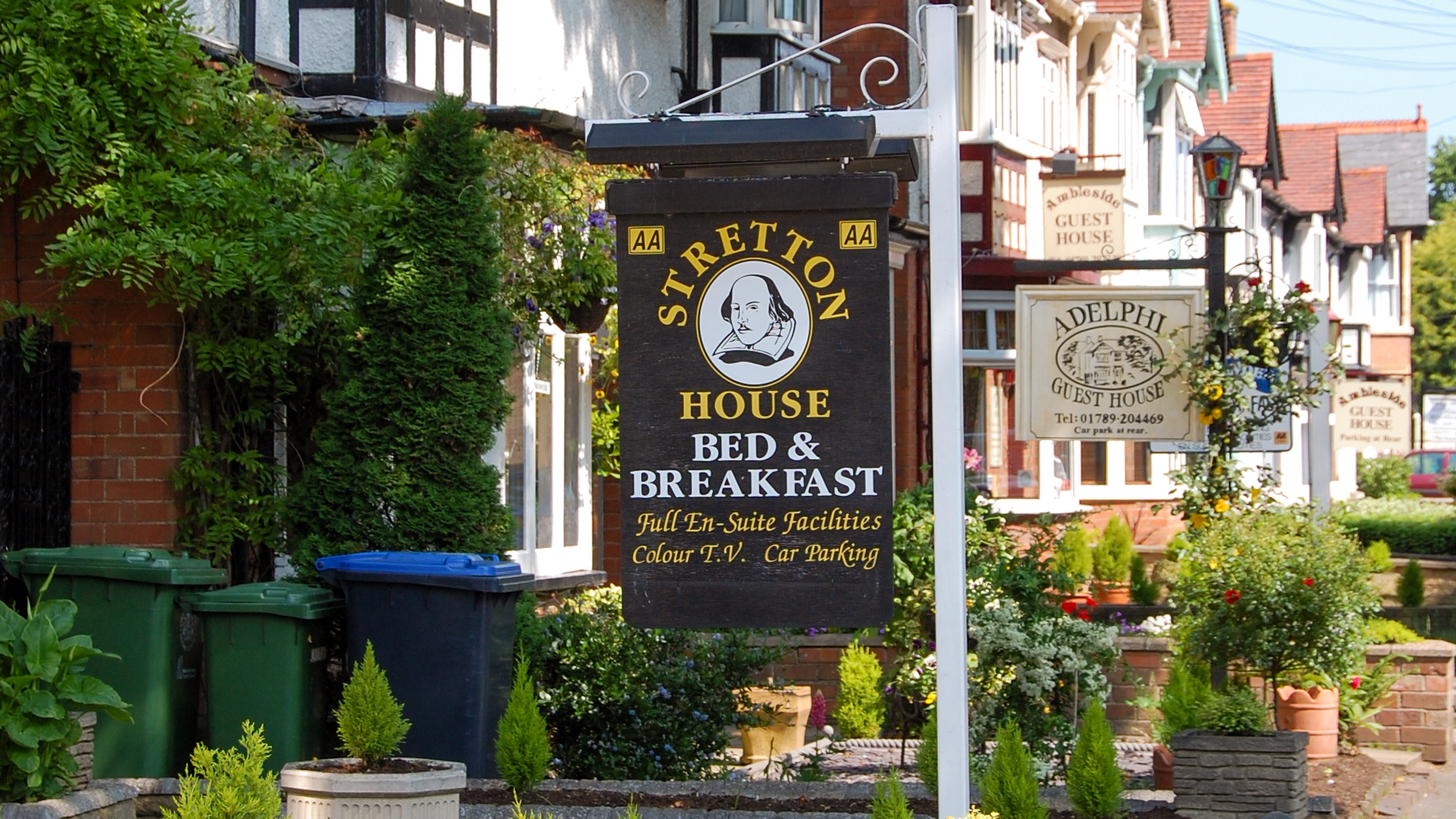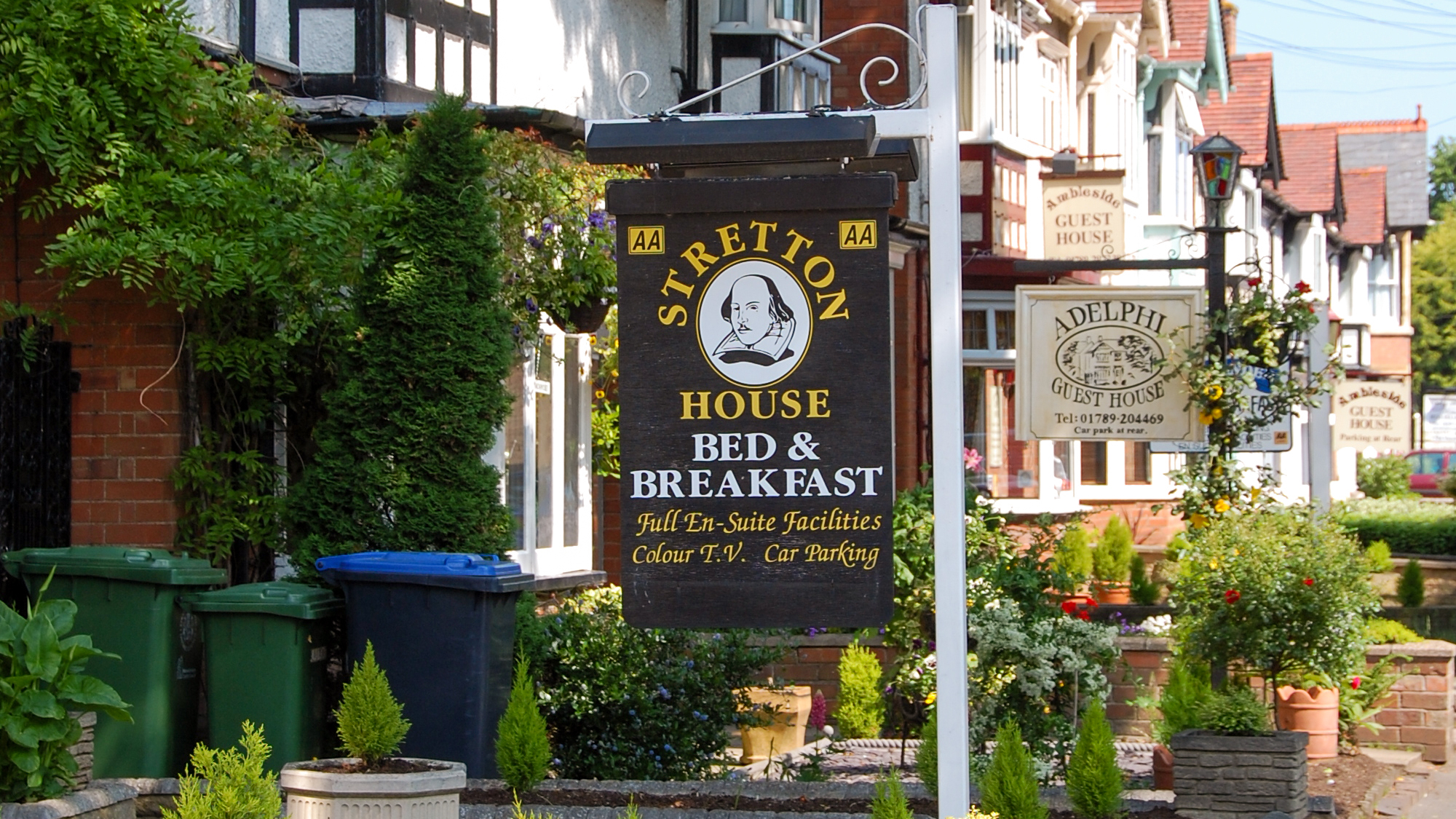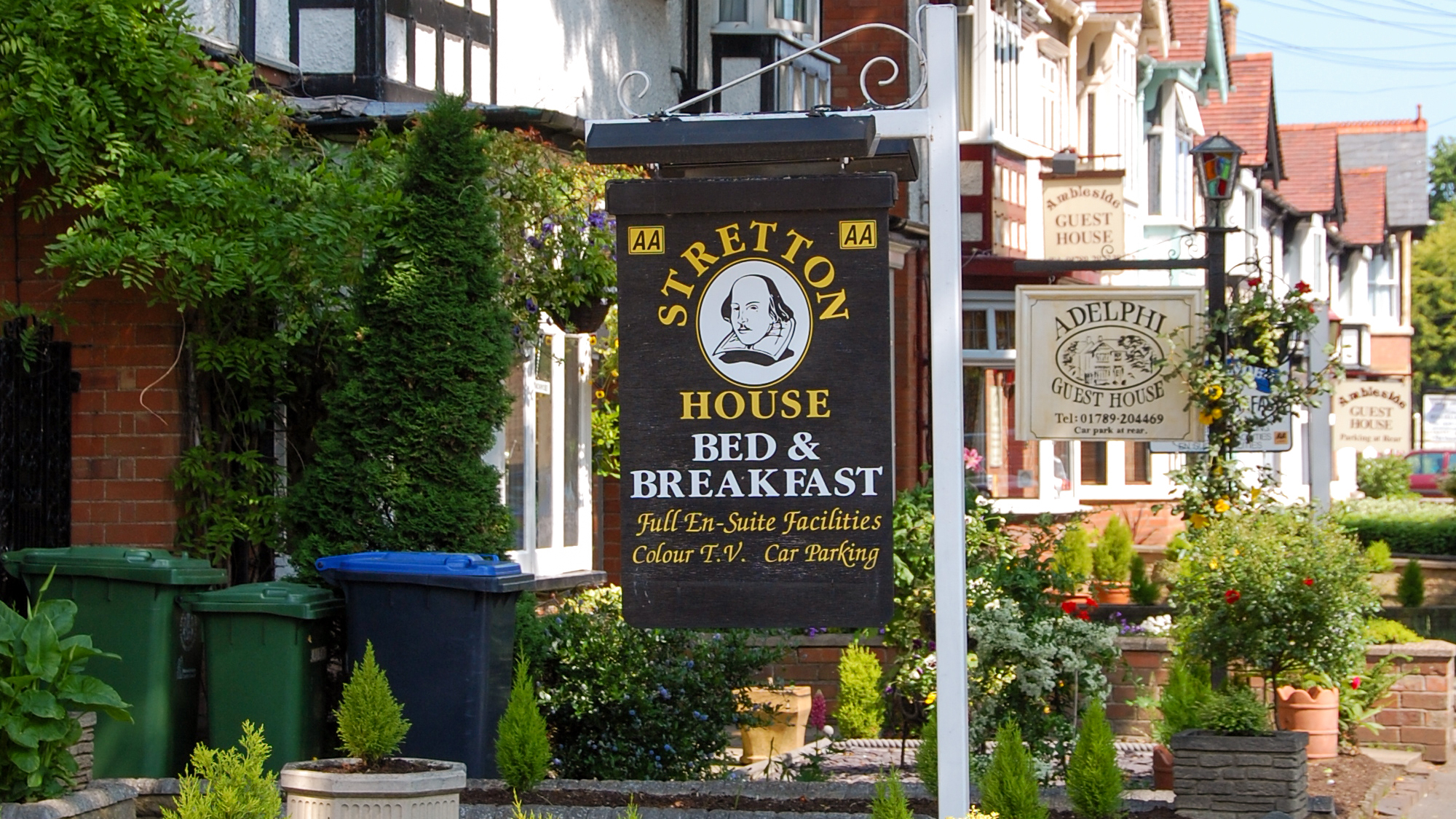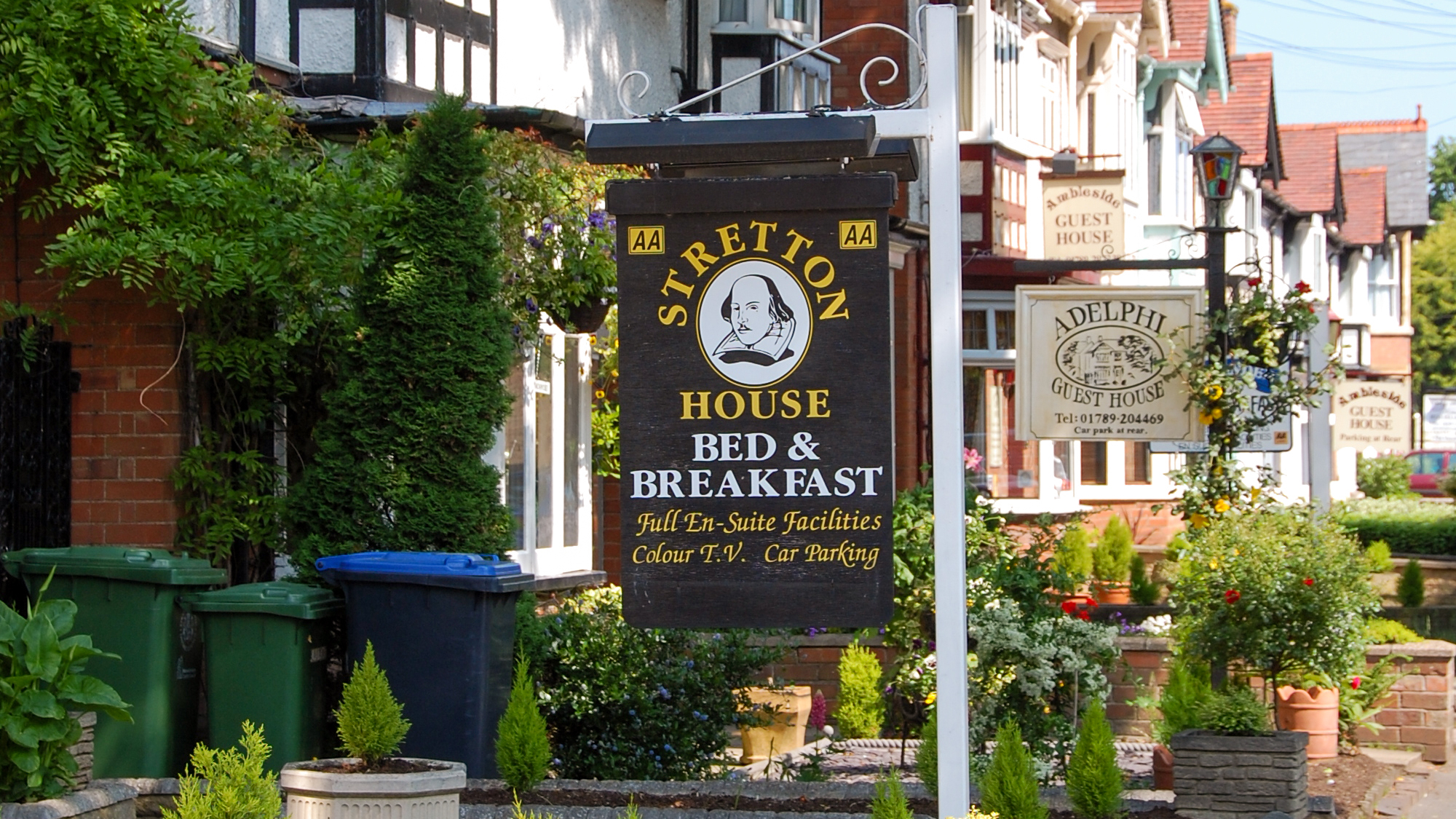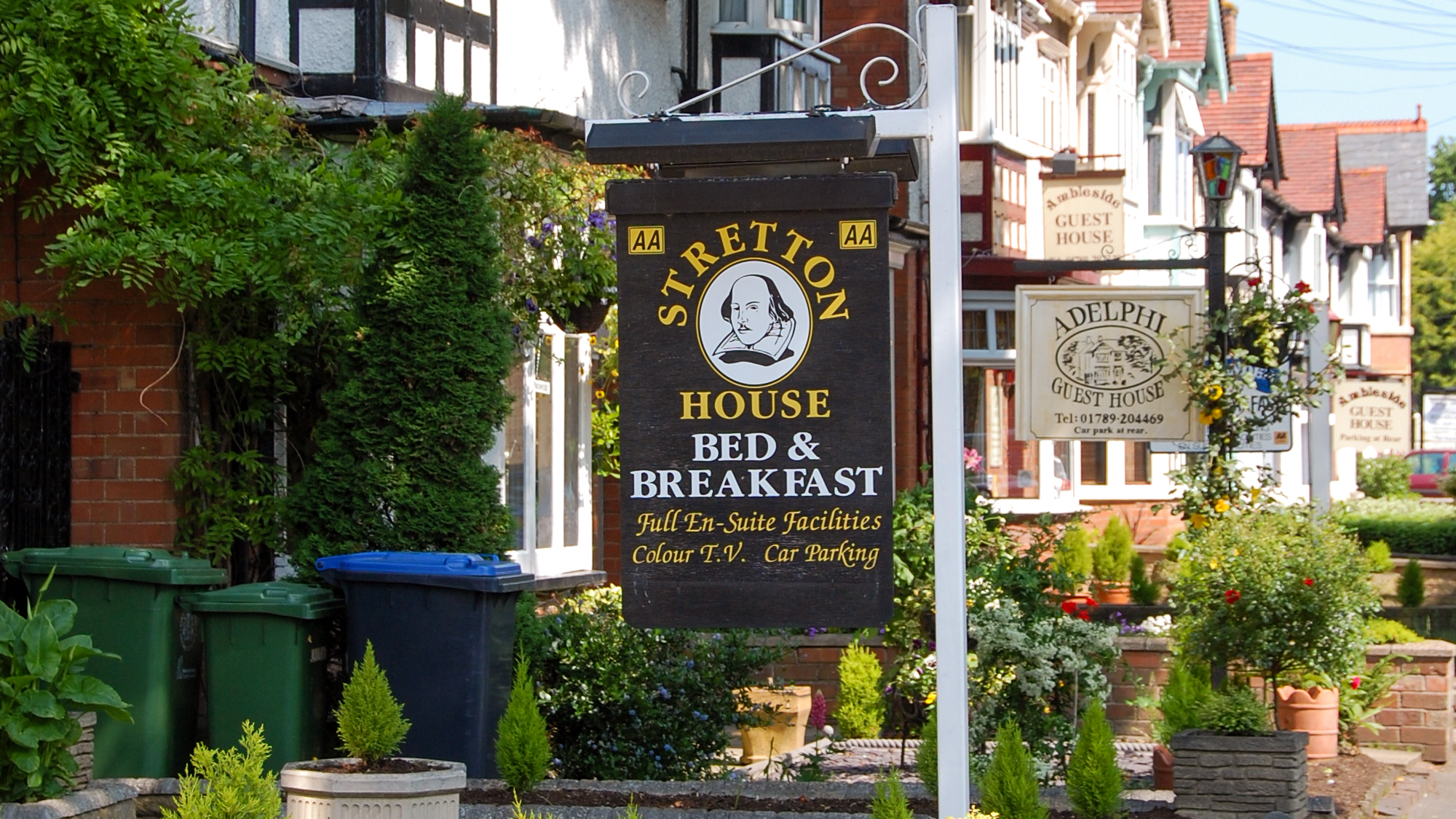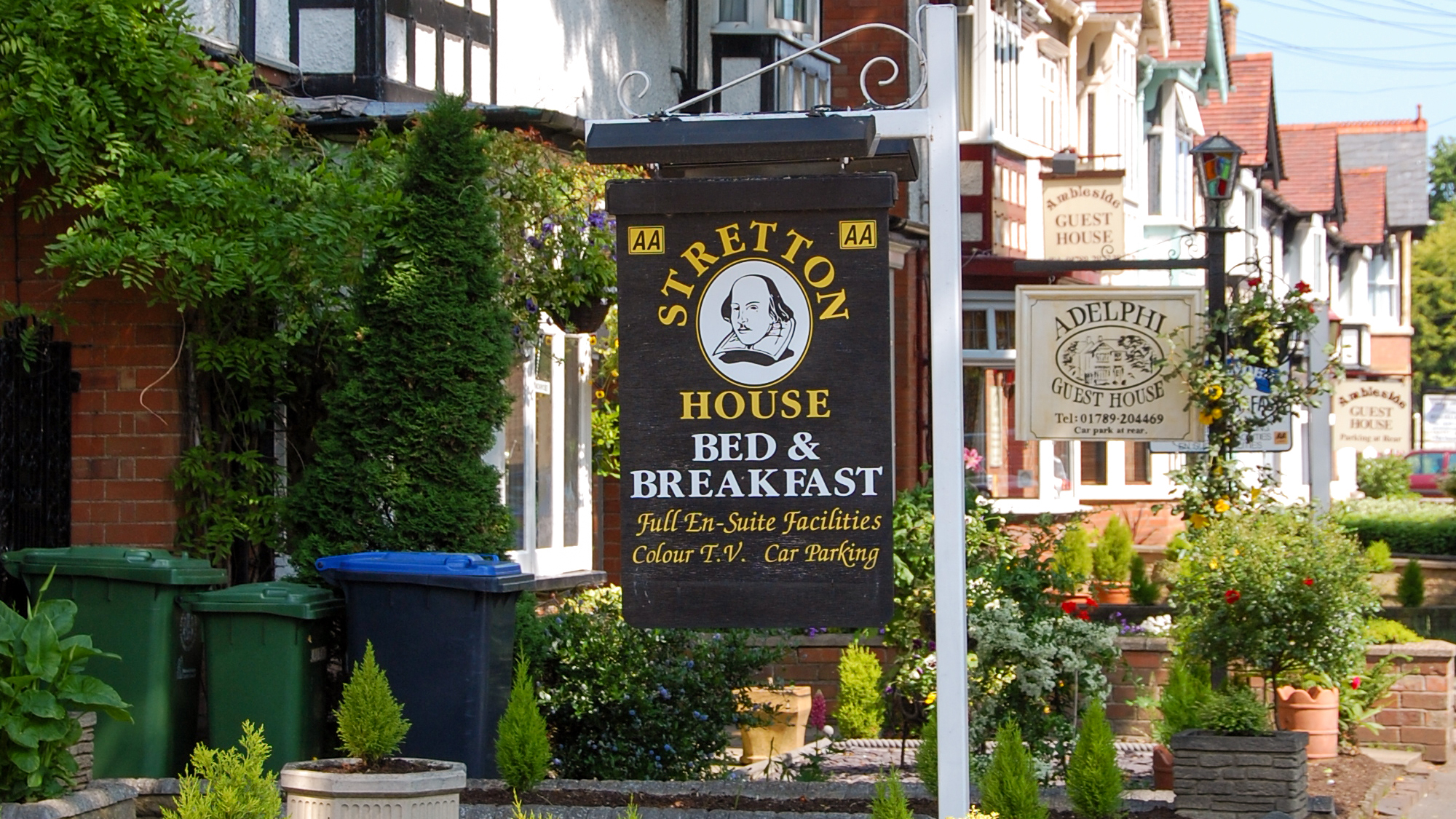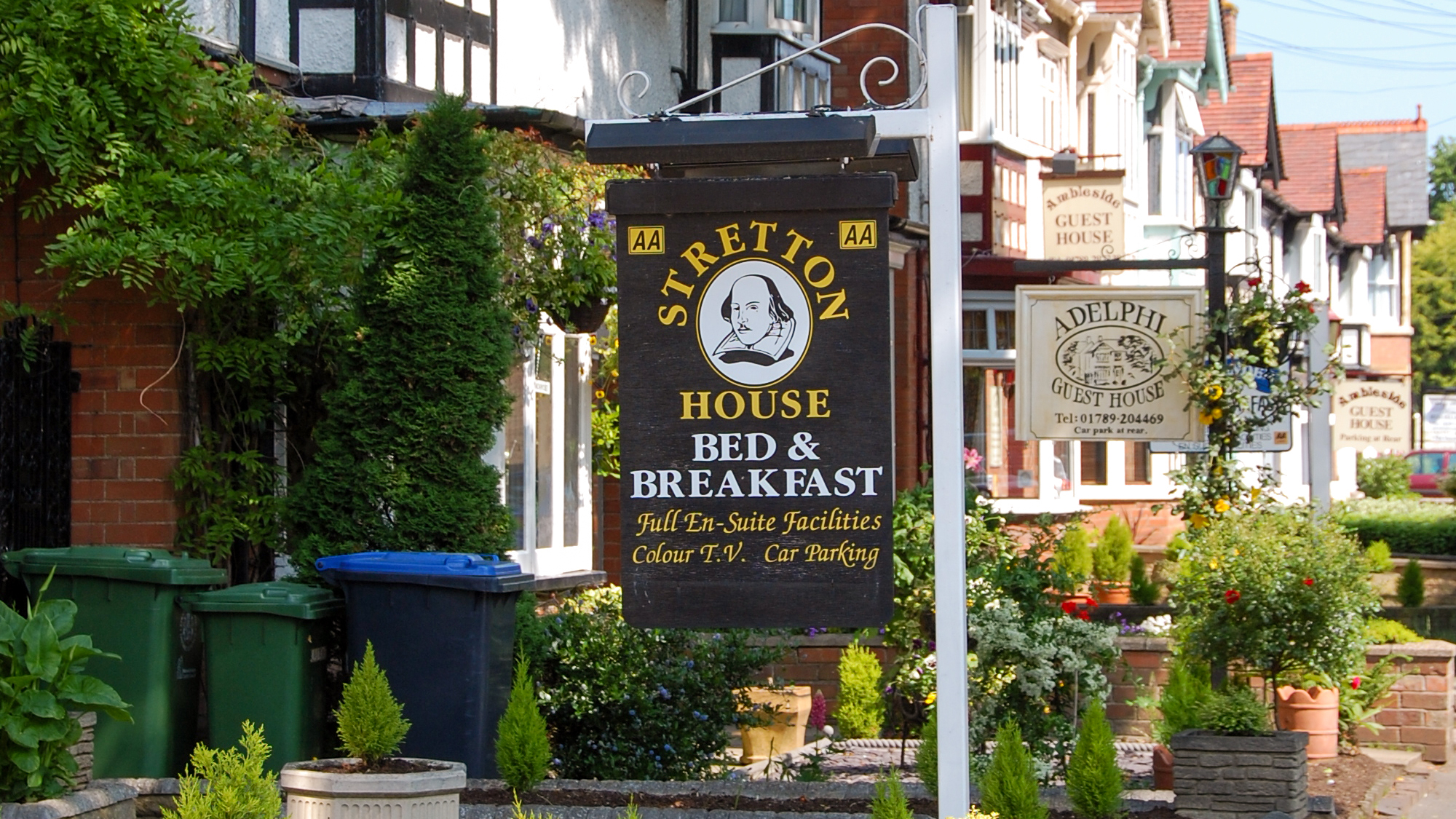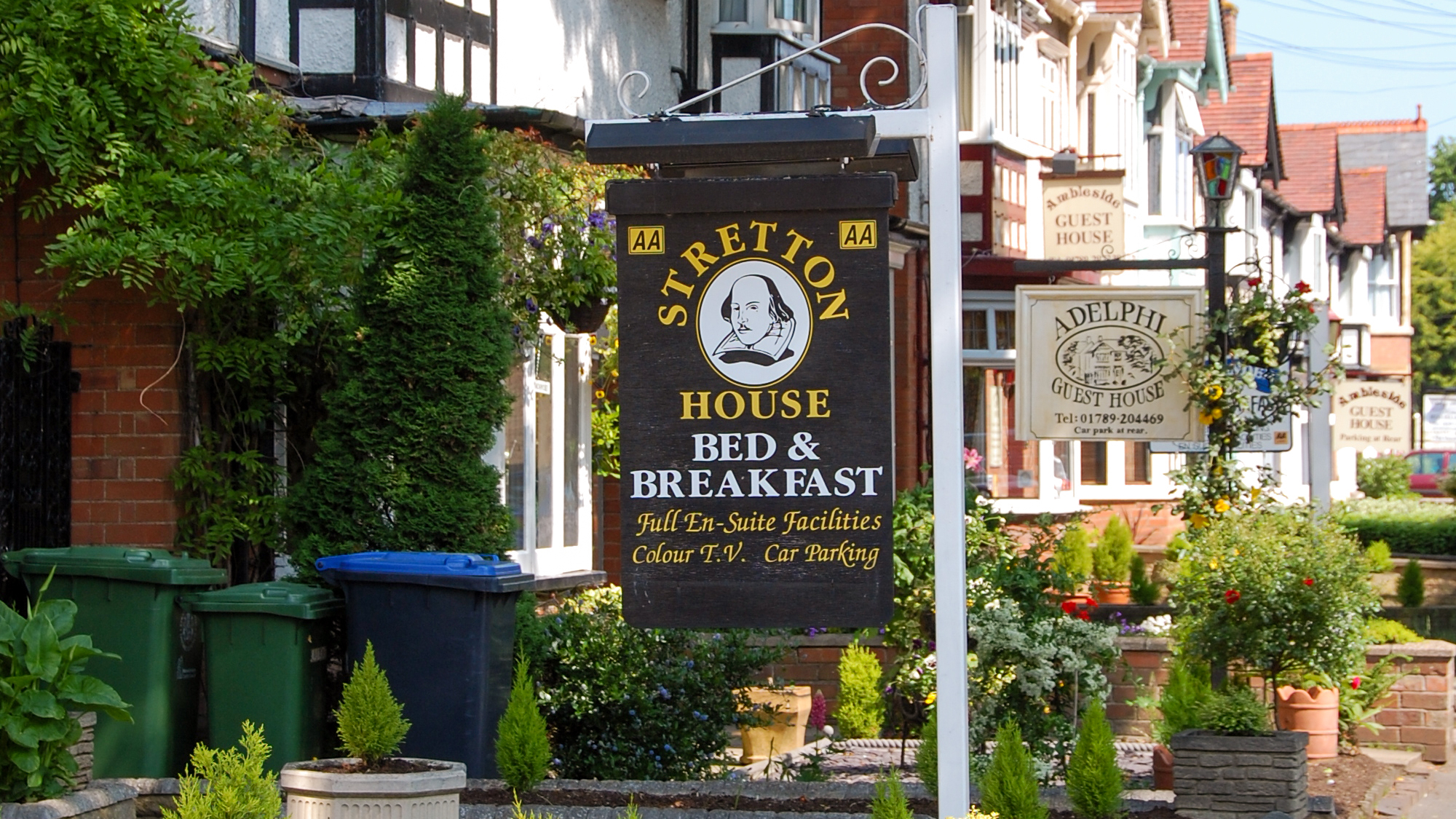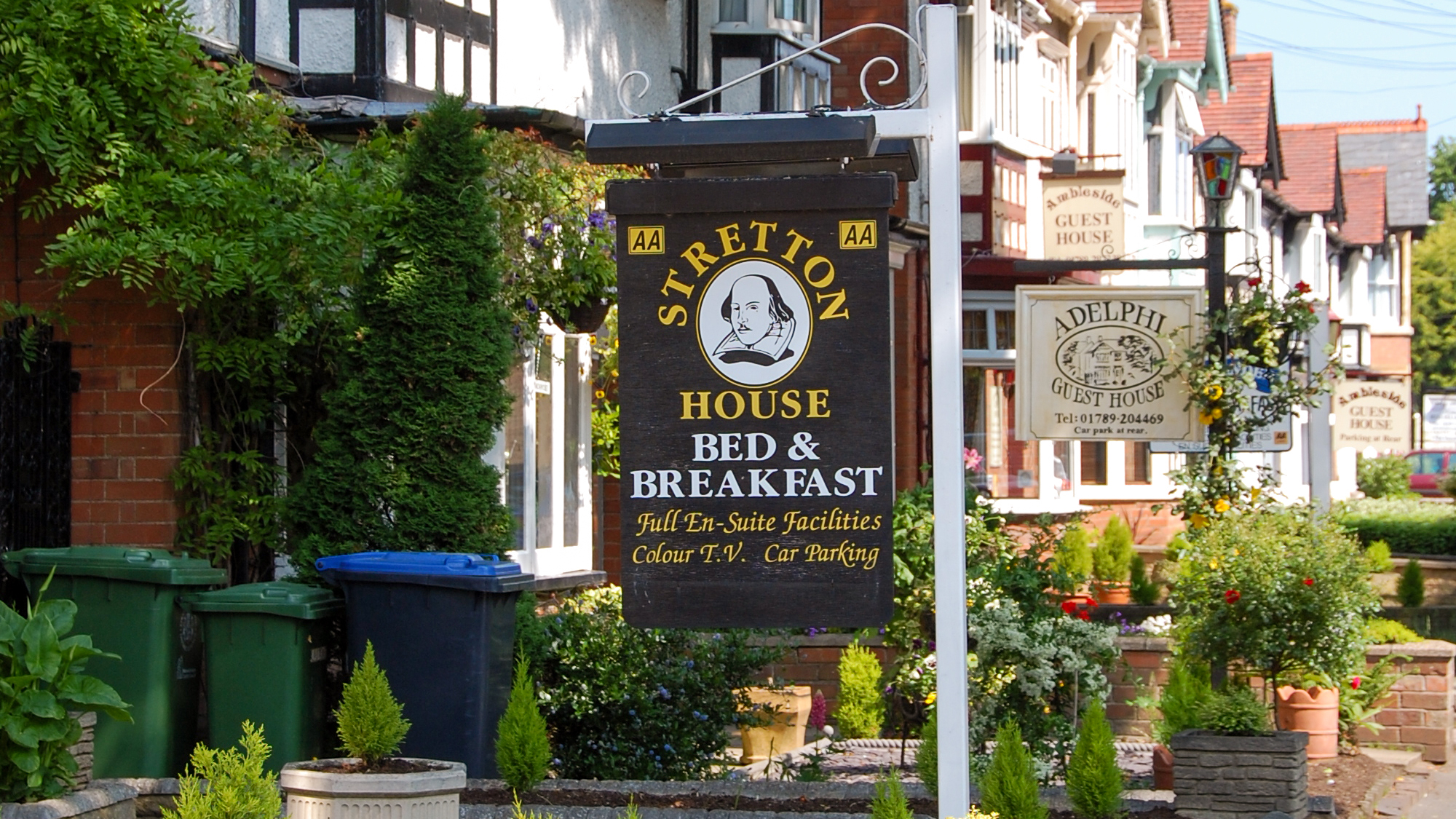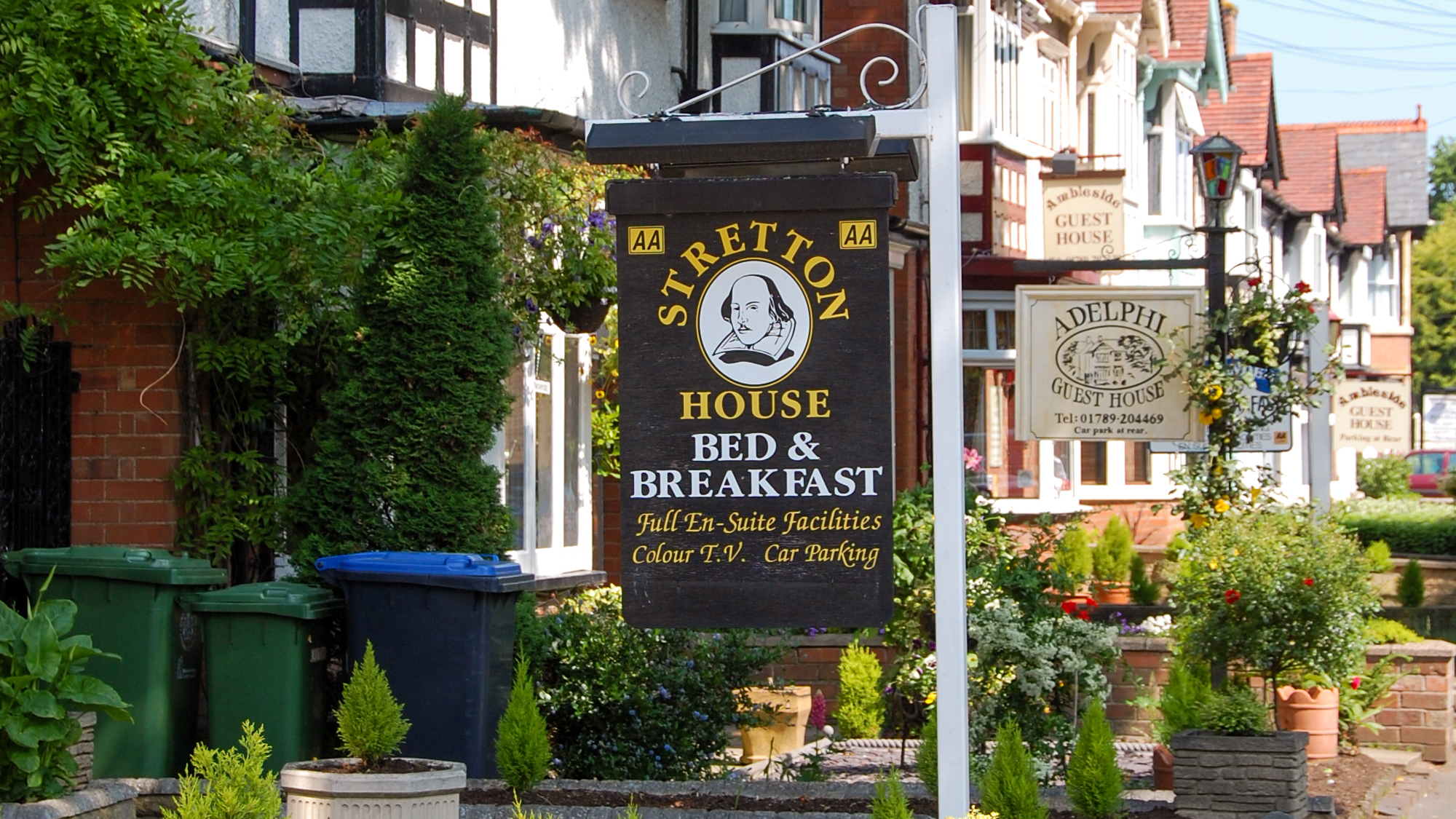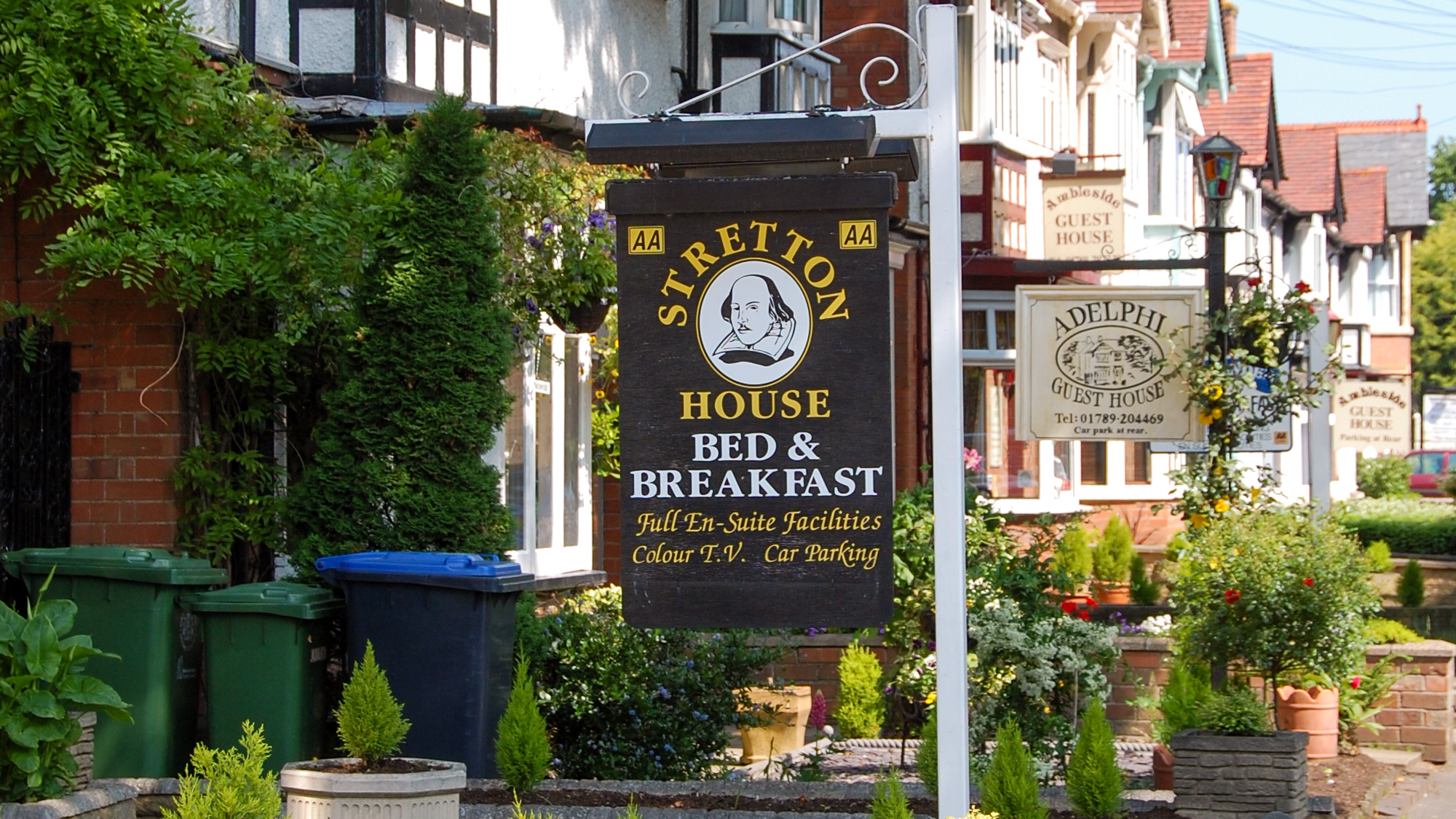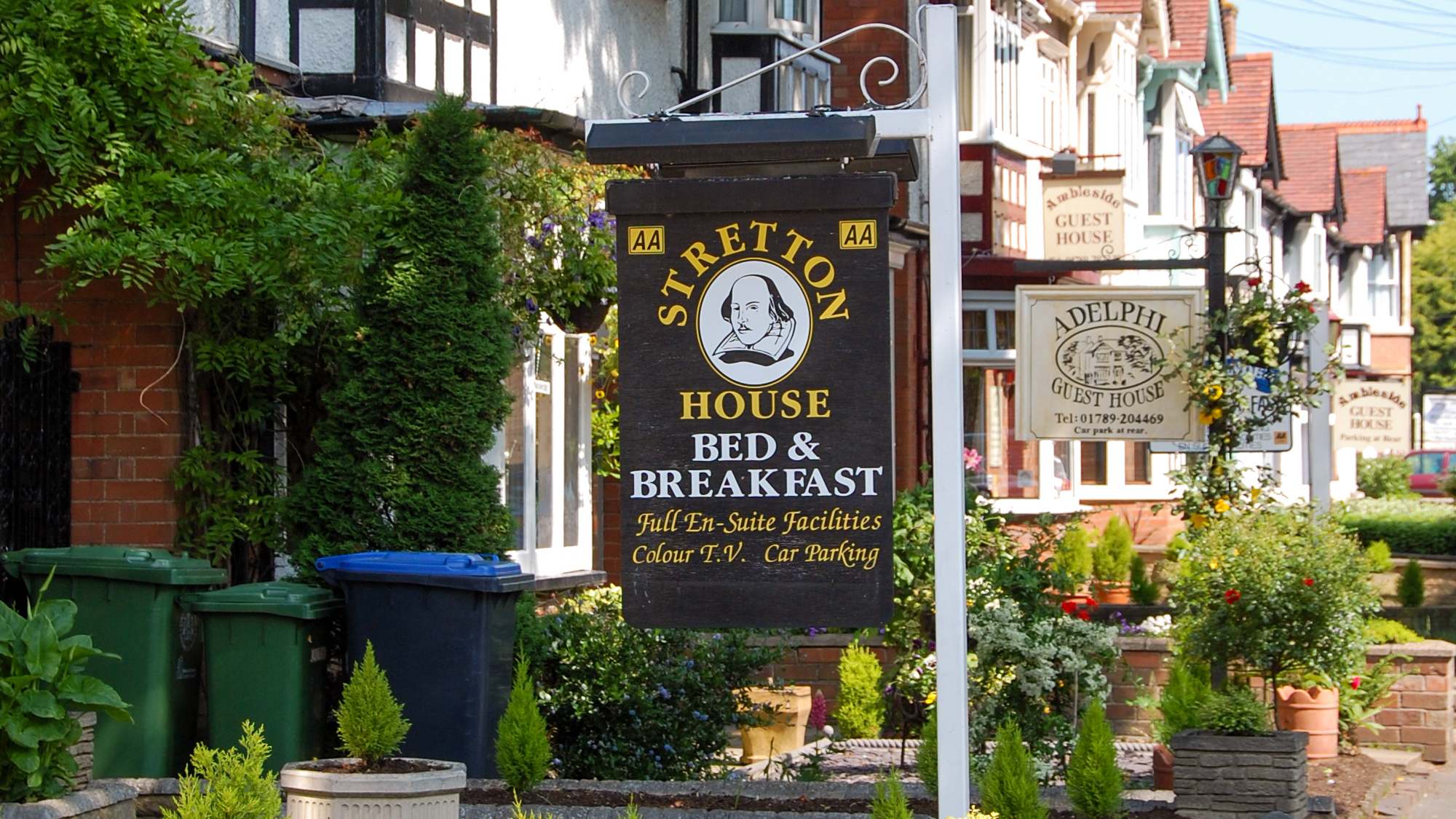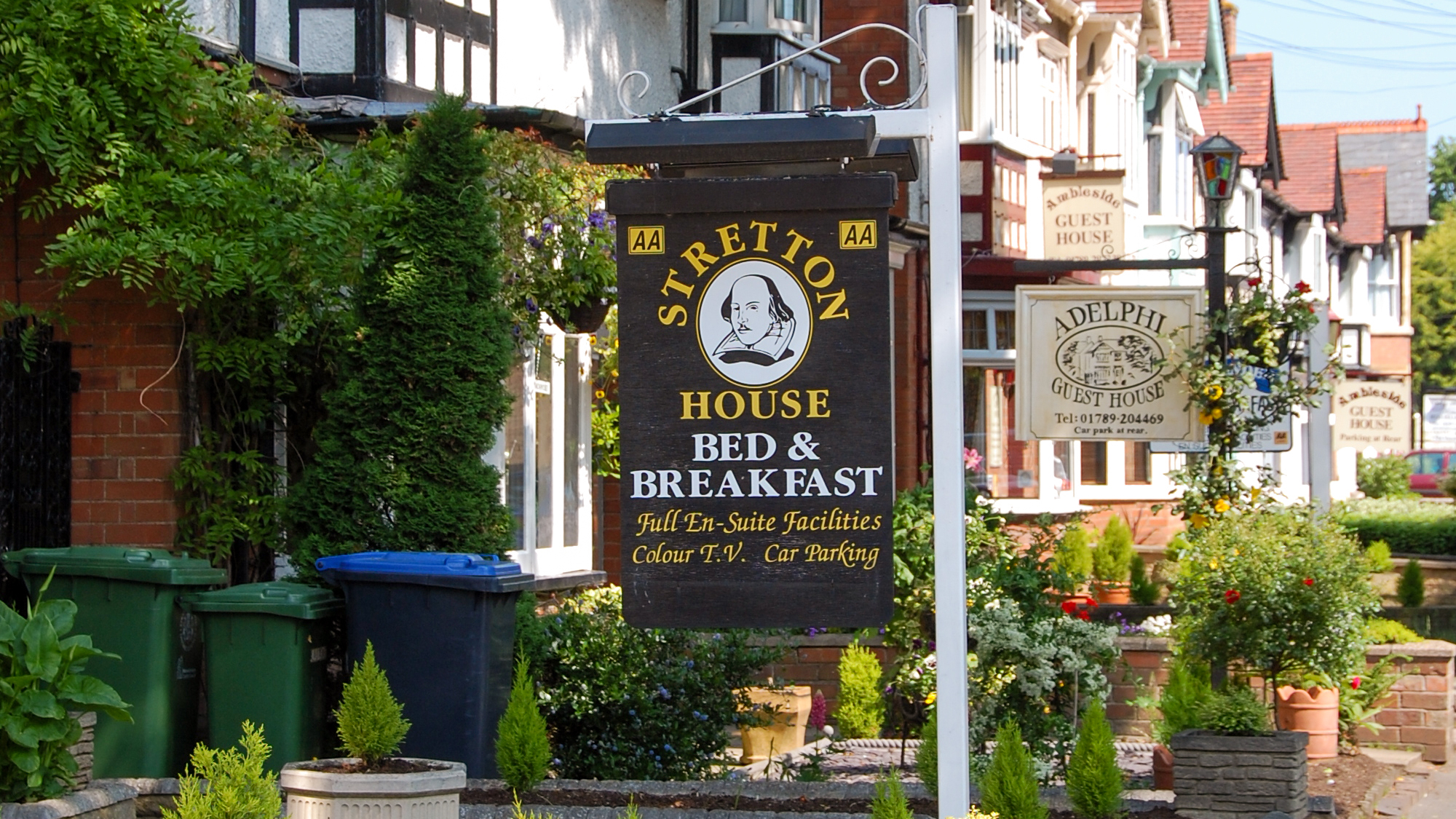Running a bed and breakfast comes with unique environmental risks that many property owners don't fully consider until it's too …
Family-Run B&B Insurance: Comprehensive Coverage for Small Hospitality Businesses
Running a family bed and breakfast is more than just a business venture – it's often a lifestyle choice that combines entrepreneurial spirit with genuine hospitality. However, like any business that welcomes guests into your property, family-run B&Bs face unique risks that require specialized insurance coverage. Understanding these risks and securing appropriate protection is essential for safeguarding both your business investment and your family's financial security.
Understanding Family-Run B&B Operations
Family-run bed and breakfasts represent a significant portion of the UK's hospitality sector, offering personalized service and authentic local experiences that larger hotels cannot match. These businesses typically operate from converted family homes, historic properties, or purpose-built accommodations, with family members taking on multiple roles from housekeeping to guest relations, cooking to maintenance.
The intimate nature of B&B operations means that family members are directly involved in day-to-day guest interactions, property maintenance, food preparation, and business management. This hands-on approach creates a warm, welcoming atmosphere that guests appreciate, but it also exposes the business to various liability risks that must be properly managed through comprehensive insurance coverage.
Key Insurance Risks for Family-Run B&Bs
Family-run B&Bs face a complex array of risks that differ significantly from both residential property ownership and larger commercial hospitality operations. Guest-related risks include slip and fall accidents, food poisoning from breakfast service, theft of guest belongings, and potential injuries from property features like stairs, balconies, or garden areas.
Property risks encompass fire damage, flood damage, storm damage, and theft, with the added complexity that B&Bs often contain both commercial and residential areas within the same building. Equipment risks include kitchen appliances, heating systems, electrical installations, and guest amenities like televisions, furniture, and bedding.
Business interruption risks are particularly significant for family-run operations, as these businesses often depend entirely on seasonal income and have limited financial reserves to weather extended closure periods. Liability risks extend beyond standard public liability to include professional indemnity for hospitality services, employers liability if non-family staff are employed, and product liability for food service.
Essential Insurance Coverage Components
Buildings and Contents Insurance
Comprehensive buildings insurance must cover the entire property, including both guest accommodation areas and family living spaces. This coverage should protect against fire, flood, storm damage, subsidence, and malicious damage, with adequate rebuilding costs that reflect current construction prices rather than purchase prices.
Contents insurance must cover all business equipment, guest room furnishings, kitchen equipment, linens, and personal belongings. Family-run B&Bs often contain valuable antiques, artwork, or family heirlooms that require specific coverage limits and professional valuation.
Public Liability Insurance
Public liability coverage protects against claims from guests who suffer injury or property damage while on your premises. This includes slip and fall accidents, injuries from defective equipment, damage to guest belongings, and incidents involving children or elderly guests who may be more vulnerable to accidents.
Coverage limits should reflect the potential severity of claims, with most family-run B&Bs requiring minimum coverage of £2 million, though £5 million or higher may be appropriate depending on property size, guest capacity, and risk factors.
Employers Liability Insurance
Even family-run operations often employ part-time cleaning staff, maintenance workers, or seasonal help during peak periods. Employers liability insurance is legally required when employing staff and covers claims for work-related injuries or illnesses suffered by employees.
Product Liability Insurance
B&Bs that serve breakfast or other meals face product liability risks from food poisoning, allergic reactions, or contamination incidents. This coverage protects against claims arising from food service, including medical expenses, compensation claims, and legal defense costs.
Business Interruption Insurance
Business interruption coverage compensates for lost income when the B&B cannot operate due to insured damage. For family-run operations, this coverage is crucial as it provides financial support during repair periods, helps maintain mortgage payments, and covers ongoing expenses like insurance premiums, utilities, and loan payments.
Coverage should include additional increased cost of working benefits, which pay for temporary accommodation costs if the family must relocate during repairs, and loss of advance bookings, which compensates for cancelled reservations.
Professional Indemnity Insurance
Professional indemnity coverage protects against claims alleging inadequate service, breach of duty of care, or failure to provide promised amenities. This might include claims related to poor room conditions, inadequate breakfast service, or failure to provide advertised facilities.
Legal Expenses Insurance
Legal expenses coverage helps with employment disputes, health and safety prosecutions, tax investigations, and contract disputes with suppliers or booking platforms. For family-run operations with limited legal resources, this coverage provides access to professional legal advice and representation.
Cyber Liability Insurance
Modern B&Bs rely heavily on online booking systems, payment processing, and guest data management. Cyber liability insurance protects against data breaches, payment card fraud, system hacking, and business interruption from cyber incidents.
Family Business Considerations
Family-run B&Bs face unique considerations that affect insurance needs and coverage selection. Multiple family members may be involved in business operations, requiring careful consideration of who is covered under various policies and ensuring that family members working in the business are properly protected.
Succession planning considerations may affect policy ownership and beneficiary arrangements, particularly for policies that protect business assets or provide income replacement. Family disputes or changes in family circumstances could impact business operations and insurance coverage needs.
Work-life balance challenges mean that family members may be working extended hours or taking on multiple roles, potentially increasing fatigue-related accident risks. Insurance coverage should account for these operational realities and provide appropriate protection levels.
Seasonal and Occupancy Considerations
Many family-run B&Bs operate seasonally or experience significant occupancy fluctuations throughout the year. Insurance policies should be structured to reflect these patterns, with coverage that can be adjusted for peak and off-peak periods while maintaining essential protection year-round.
Seasonal closure periods require specific consideration for property protection, as unoccupied buildings face increased risks from theft, vandalism, and weather damage. Policies should include appropriate unoccupancy clauses and maintain coverage during closure periods.
Peak season operations may require temporary increases in coverage limits to reflect higher guest numbers, increased stock levels, and elevated business interruption values. Flexible policy structures can help manage insurance costs while maintaining adequate protection.
Regulatory Compliance and Safety Requirements
Family-run B&Bs must comply with various regulatory requirements that affect insurance coverage and risk management. Fire safety regulations require appropriate detection and suppression systems, emergency lighting, and evacuation procedures. Insurance policies should support compliance efforts and provide coverage for regulatory defense costs.
Food hygiene regulations apply to breakfast service and any other food provision, requiring proper training, equipment, and procedures. Product liability insurance should align with food safety compliance efforts and provide appropriate coverage for food-related claims.
Health and safety regulations apply to both guest areas and employee working conditions, requiring risk assessments, safety procedures, and appropriate equipment. Employers liability and public liability coverage should support compliance efforts and provide protection against regulatory action.
Data protection regulations require appropriate handling of guest information, booking data, and payment details. Cyber liability insurance should include regulatory defense coverage and support compliance with data protection requirements.
Risk Management Strategies
Effective risk management goes beyond insurance coverage to include proactive measures that reduce the likelihood and severity of potential claims. Regular property maintenance schedules help prevent accidents and equipment failures, while professional inspections of electrical, gas, and fire safety systems ensure regulatory compliance and reduce risk exposure.
Guest safety procedures should include clear emergency evacuation plans, appropriate lighting and signage, regular safety checks of guest areas, and proper maintenance of stairs, balconies, and other potentially hazardous areas. Staff training programs, even for family members, help ensure consistent safety standards and appropriate emergency response procedures.
Food safety protocols are essential for B&Bs serving breakfast or other meals, including proper storage temperatures, hygiene procedures, allergen management, and supplier verification. Regular training and certification help maintain standards and demonstrate due diligence in the event of claims.
Claims Management and Support
When incidents occur, effective claims management is crucial for minimizing business disruption and protecting the B&B's reputation. Immediate response procedures should include guest welfare considerations, incident documentation, and prompt notification to insurance providers.
Professional claims support services can help navigate complex claims processes, coordinate repairs and restoration work, and manage communication with guests and regulatory authorities. For family-run operations with limited administrative resources, these support services are particularly valuable.
Business continuity planning should include alternative accommodation arrangements for existing bookings, communication strategies for managing reputation impact, and financial management during claims settlement periods.
Choosing the Right Insurance Provider
Selecting an insurance provider with specific experience in hospitality and family business risks ensures appropriate coverage design and claims handling expertise. Providers should understand the unique challenges facing family-run B&Bs and offer flexible policy structures that can adapt to changing business needs.
Policy comparison should consider coverage breadth, exclusions, claims handling reputation, and additional services like risk management support and legal helplines. Premium costs should be balanced against coverage quality and the provider's ability to deliver effective claims service when needed.
Regular policy reviews ensure that coverage remains appropriate as the business evolves, guest numbers change, or property improvements are made. Annual reviews should consider changes in business operations, regulatory requirements, and risk exposure levels.
Conclusion
Family-run bed and breakfasts represent a vital part of the UK's hospitality sector, offering unique experiences and personal service that larger establishments cannot match. However, these businesses face complex risks that require comprehensive insurance protection tailored to their specific operational characteristics and family business structure.
Effective insurance coverage for family-run B&Bs must address property risks, liability exposures, business interruption scenarios, and regulatory compliance requirements while considering the unique aspects of family business operations. By working with experienced insurance professionals who understand the hospitality sector, family-run B&B operators can secure appropriate protection that safeguards both their business investment and their family's financial security.
The investment in comprehensive insurance coverage pays dividends through peace of mind, regulatory compliance support, and financial protection when incidents occur. For family-run B&Bs, proper insurance coverage is not just a business expense – it's an essential foundation for sustainable hospitality operations that can weather unexpected challenges while continuing to provide exceptional guest experiences.


 0330 127 2333
0330 127 2333
